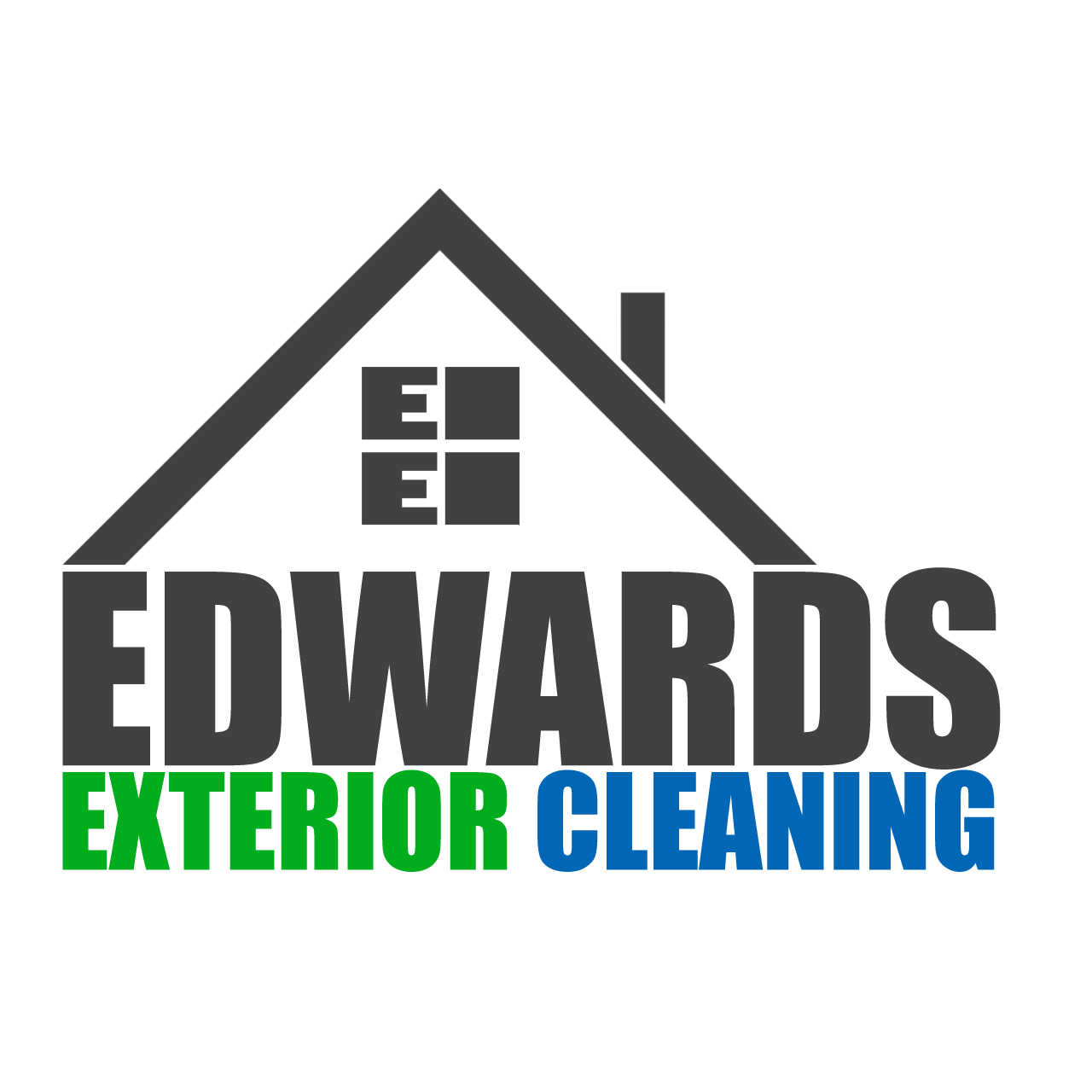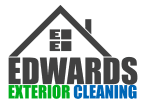Introduction to Roof Cleaning in Solihull
In the picturesque town of Solihull, known for its lush landscapes and well-maintained properties, the cleanliness of your roof is not just about aesthetics but also about extending its lifespan. Over time, roofs accumulate various types of debris, including moss, algae, and lichen, which can cause significant damage if left unchecked. Professional roof cleaning is a crucial maintenance task that ensures your home remains both beautiful and structurally sound.
Routine roof cleaning not only enhances the visual appeal of your home but also contributes to the overall health of your roofing system. A clean roof improves your property’s curb appeal, potentially increasing its market value. Moreover, removing organic growth and debris can prevent water retention and reduce the risk of leaks, thus protecting your investment.
Understanding the specific needs and challenges associated with roof cleaning in Solihull, from the typical weather conditions to the types of roofing materials commonly used, is essential. This guide aims to provide homeowners with a comprehensive knowledge base, enabling them to make informed decisions about maintaining their roofs effectively and efficiently.
Identifying Common Roof Issues in Solihull
Several factors contribute to roof issues in Solihull, particularly the damp British climate which is conducive to the growth of moss and algae. The presence of these organisms not only detracts from your home’s appearance but can also lead to the deterioration of roofing materials. Moss, for instance, retains moisture against the roof surface, which during winter can freeze and cause tiles to crack or shift.
Another common issue is the buildup of debris such as leaves and twigs, primarily if your property is surrounded by trees. This accumulation can block gutters and downpipes, leading to water overflow that can damage both the roof and the building’s foundations. Identifying these problems early can prevent costly repairs and extend the life of your roof.
Regular inspections are crucial, especially after severe weather conditions like heavy rain or wind, which can cause immediate and noticeable damage such as broken tiles or shingles. Being proactive in spotting and addressing these issues is key to maintaining a healthy roof in Solihull.
Choosing the Right Roof Cleaning Service
Selecting the right roof cleaning service in Solihull requires careful consideration to ensure that the job is done effectively and safely. It is vital to choose a company that is not only experienced but also holds the necessary insurance and licensing to operate in the area. This protects you against any potential damages or accidents during the cleaning process.
Look for service providers who offer a comprehensive assessment before undertaking any work. A reputable company will provide a detailed inspection of your roof, highlighting areas of concern and discussing the most suitable cleaning methods for your specific situation. This tailored approach ensures that the cleaning process addresses your roof’s unique needs without causing undue stress to the structure.
Additionally, consider companies that are committed to using environmentally friendly products and techniques. This is particularly important in Solihull, where preservation of the local environment is a priority. Eco-friendly cleaning solutions not only protect your landscaping and local wildlife but are also gentler on your roofing materials, contributing to their longevity.
Overview of Roof Cleaning Techniques
There are several techniques used in professional roof cleaning, each suited to different types of roofing materials and degrees of contamination. The most common methods include pressure washing, soft washing, and manual removal of moss and debris. Each technique has its benefits and is selected based on the specific requirements of the roof in question.
Pressure washing is a powerful cleaning method often used for tiles and shingles that can withstand high pressure. It is effective at removing all types of dirt quickly. However, if not done correctly, it can damage the roof. Conversely, soft washing uses lower water pressure combined with cleaning chemicals, which is safer for more delicate tiles or older roofs.
Manual cleaning, often recommended for heavily moss-covered roofs, involves hand-removing moss and then applying a biocide that kills off any remaining spores without damaging the roof structure. This method is labour-intensive but highly effective at preserving the integrity of the roof.
Step-by-Step Guide to Professional Cleaning
The process of professional roof cleaning typically begins with an initial assessment, where the cleaning team evaluates the condition of the roof, identifying any particular areas of concern or delicate materials that need special care. This assessment informs the choice of cleaning method and any precautions that need to be taken to protect the building and its surroundings.
Following the assessment, the roof is prepared for cleaning, which may include setting up scaffolding or safety harnesses to ensure the cleaners can work securely. The chosen cleaning method is then applied, from pressure washing to soft washing or manual cleaning, depending on the assessment findings.
Once the cleaning is complete, a final inspection is conducted to ensure that all dirt, moss, and debris have been removed and that the roof is in good condition. Often, a preventive treatment will be applied to inhibit the growth of moss and algae in the future, providing long-term protection for your roof.
Ensuring Safety During Roof Cleaning
Safety is a paramount concern during roof cleaning projects. Professional cleaning services in Solihull are equipped with the necessary tools and safety equipment to ensure the well-being of both the workers and the residents. This includes the use of harnesses, scaffolding, and helmets, as well as adhering to strict safety protocols to prevent falls or accidents.
Homeowners should ensure that the cleaning service they hire conducts a thorough risk assessment before commencing work. This includes checking for unstable tiles or shingles, assessing the roof’s ability to bear weight, and ensuring that all safety equipment is in place and in good working order.
Moreover, professional cleaners are trained to work in a way that minimizes risk to themselves and others, including securing ladders, using appropriate footwear to prevent slips, and following a systematic approach to cleaning that avoids unnecessary risks.
Maintenance Tips Post Roof Cleaning
After a professional roof cleaning, maintaining your roof in good condition is crucial to extending its life and preventing future issues. Regular self-inspections, especially after extreme weather, can help identify potential problems early. Look for signs of moss or algae re-growth, and clear debris from gutters and downspouts to prevent water damage.
Trimming overhanging tree branches can reduce the amount of debris falling onto the roof and minimize the shade that moss and algae need to thrive. Additionally, consider installing zinc or copper strips at the roof’s peak, which release metal ions that help prevent biological growth.
Periodic follow-up treatments with anti-moss and algae biocides can also be beneficial. These treatments help to keep the roof clean for longer, reducing the frequency and cost of professional cleanings. Always ensure these treatments are suitable for your roofing material and environmentally friendly to protect your home and its surroundings.
Local Regulations for Roof Cleaning in Solihull
In Solihull, as in much of the UK, there are specific regulations and guidelines that must be followed when undertaking roof cleaning to ensure that the work is carried out safely and without causing harm to the environment. It is essential for homeowners to be aware of these regulations to avoid potential fines or legal issues.
For instance, the use of certain chemicals may be restricted, particularly in areas close to water bodies, to prevent contamination. Additionally, there may be guidelines on the disposal of waste water and debris removed from the roof. Always verify that the cleaning service you employ is familiar with and adheres to these local regulations.
Furthermore, if your property is listed or located in a conservation area, additional permissions may be required before any external cleaning or alterations are made. Always consult with the local council’s planning department prior to scheduling a roof cleaning to ensure compliance with all local codes and regulations.



